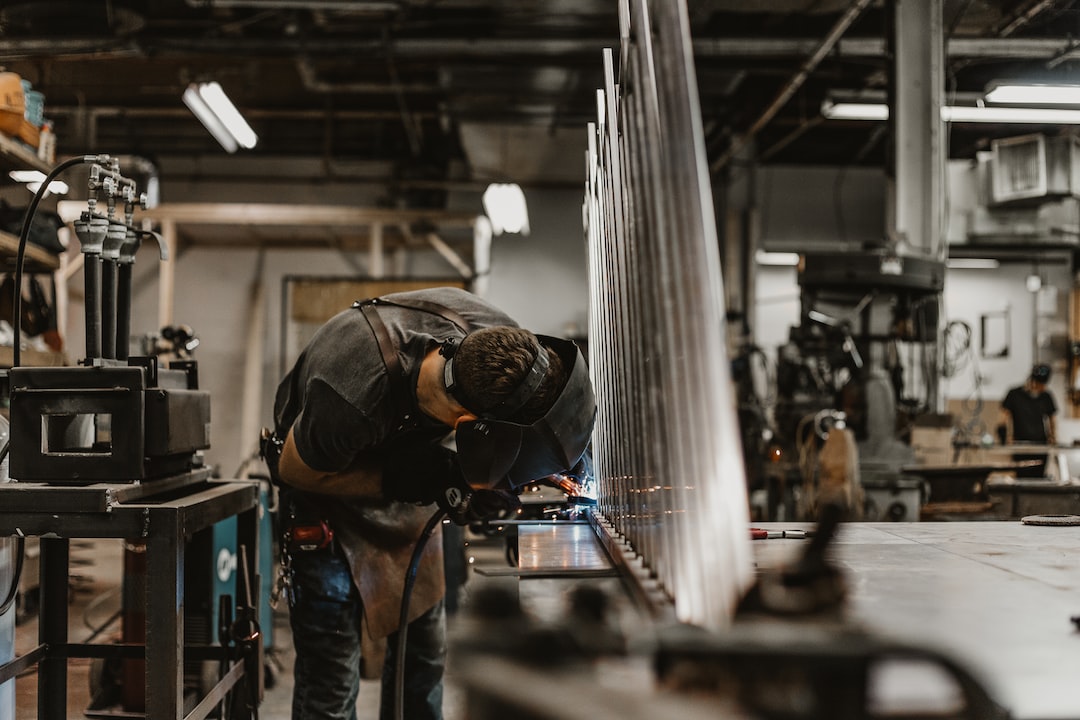Sustainable Manufacturing: Environmentally Friendly Practices
As concern for our planet’s well-being continues to grow, businesses across various sectors are making a conscious effort to adopt environmentally friendly practices. One such industry that is increasingly focusing on sustainability is manufacturing. Sustainable manufacturing aims to reduce waste, conserve energy, and minimize the overall impact on the environment. In this blog post, we will explore some of the key environmentally friendly practices that are being employed in sustainable manufacturing.
One of the most significant steps towards sustainable manufacturing is the reduction of waste. Traditional manufacturing processes often produce a considerable amount of waste that is harmful to the environment. In contrast, sustainable manufacturing takes a proactive approach to waste management, adopting methods like recycling and reusing materials. By minimizing waste and finding innovative ways to repurpose materials, manufacturers can reduce their impact on landfills while conserving valuable resources.
Energy conservation is another critical aspect of sustainable manufacturing. By optimizing energy usage, manufacturers can significantly reduce their carbon footprint. This can be achieved through various means, such as investing in energy-efficient machinery and equipment, using renewable energy sources, and implementing energy management systems. Simple measures like turning off unused equipment, utilizing natural light, and improving insulation can also have a significant impact on energy conservation.
Water conservation is another area where sustainable manufacturing practices play a crucial role. Water is a precious resource that is often overlooked. By implementing water-saving measures, manufacturers can reduce their consumption and minimize water pollution. These measures may include installing water-efficient equipment, reusing water through recycling systems, and utilizing rainwater harvesting techniques. By prioritizing water conservation, manufacturers can contribute to the preservation of this vital resource.
Moreover, sustainable manufacturing emphasizes the use of environmentally friendly materials. Sustainable materials are responsibly sourced, renewable, and have a minimal negative impact on the environment. Manufacturers are increasingly opting for recycled, biodegradable, and non-toxic alternatives. By substituting harmful materials with sustainable alternatives, manufacturers not only reduce their environmental impact but also cater to the growing consumer demand for eco-friendly products.
To further promote environmentally friendly practices, sustainable manufacturing seeks to implement green logistics and supply chain management. This involves optimizing transportation routes, reducing emissions, and minimizing waste throughout the entire supply chain. By integrating sustainability principles into the logistical aspect of manufacturing, manufacturers can achieve efficiency, reduce costs, and minimize their ecological footprint.
In conclusion, sustainable manufacturing encompasses a range of environmentally friendly practices aimed at reducing waste, conserving energy, and minimizing the overall impact on the environment. By adopting techniques like waste reduction, energy and water conservation, use of sustainable materials, and green logistics, manufacturers can contribute to a healthier and more sustainable future. As consumers become more environmentally conscious, the demand for sustainably manufactured products will continue to rise, making it essential for businesses to prioritize sustainability in their manufacturing processes.

